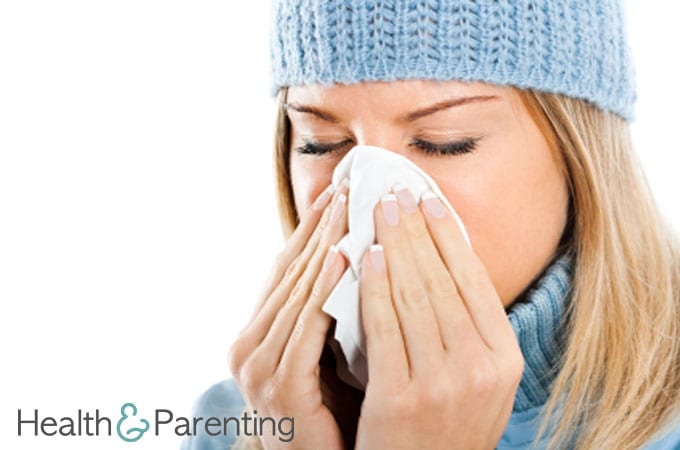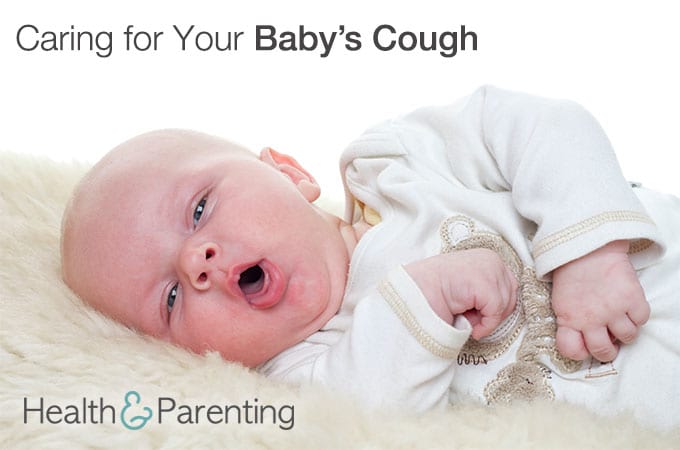You’ve probably already noticed that your immune system is at an all time low during pregnancy. Perhaps you have previously gloated that you ‘never get ill’, and now seem to be constantly fighting the sniffles. You may feel like all it takes is someone to sneeze in the same town as you, and you’ll spend the next two weeks in bed with a head cold.
It’s important to check all medicines are safe to use during pregnancy, and sadly with a cold, you may find that many aren’t. You should always check with your healthcare provider before taking a medicine during pregnancy. Sadly, you may find many of your go-to cold medicines are not suitable for use in pregnancy. Decongestants are considered unsafe for use during the first trimester, and experts disagree over whether they are safe later in the pregnancy.
To avoid using decongestants and other drug-based treatments altogether, give the following natural cold treatments a try:
- Natural decongestants – to try getting rid of your stuffy nose without reverting to hard drugs, you could use eucalyptus as a natural decongestant. Try placing a few drops of eucalyptus oil in an oil burner to help you breathe more easily. You could also try soaking in the bath, or having a nice hot shower, to let the steam work its magic on your sinuses.
- Natural throat soothers – to rid yourself of your raw, sore throat, try a soothing hot drink. Boil the kettle, and add about one teaspoon of freshly grated ginger to a teapot. Add the water, and let it sit for a couple of minutes. Decant into your favourite mug, and add a teaspoon of lemon juice and about a teaspoon of the sweetener of your choice (for example, honey, syrup or agave).
- Natural remedy for a cough – if your scratchy throat is keeping you coughing through the night, try gargling with salt and water. This may help to relieve the soreness in your throat, and prevent more coughing fits.
- Speed up recovery – to give yourself a fighting chance of being better by the weekend, make sure you get plenty of rest. You should also be sure to eat healthily and drink enough water to increase your chance of a speedy recovery.
If you are suffering from a fever, you may want to use medication to try and bring down your temperature. Check with your pharmacist or healthcare provider to find out which medications are safe to use during pregnancy.
What are your tried and tested natural cold treatments during pregnancy?
Written by Fiona, proud owner of a toddler, @fiona_peacock
This information is not intended to replace the advice of a trained medical doctor. Health & Parenting Ltd disclaims any liability for the decisions you make based on this information, which is provided to you on a general information basis only and not as a substitute for personalized medical advice. All contents copyright © Health & Parenting Ltd 2017. All rights reserved.











